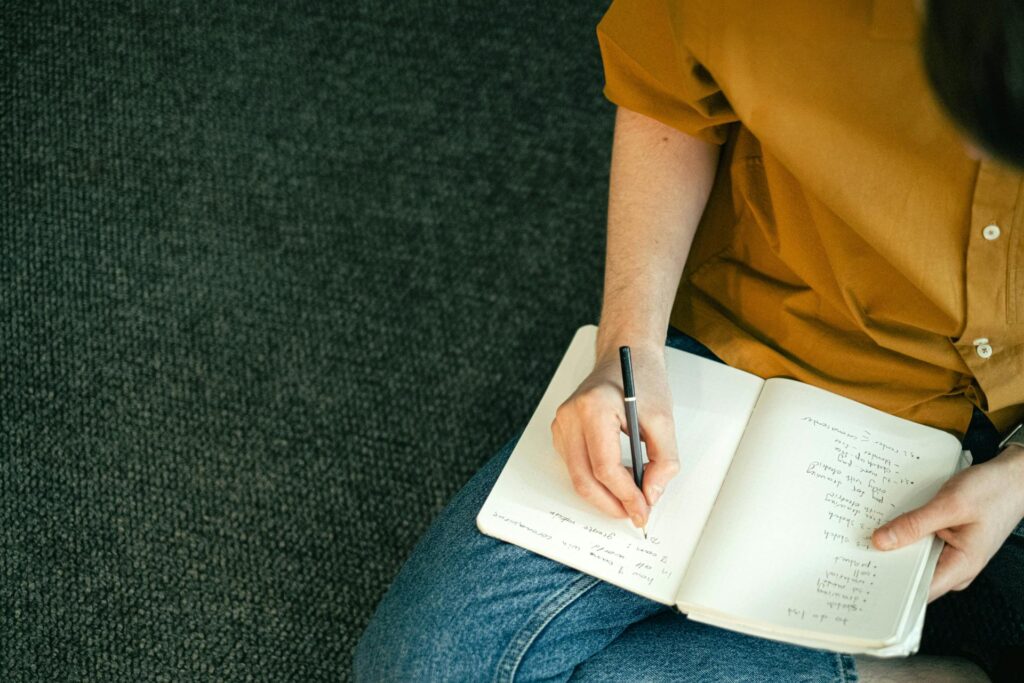Revenge bedtime procrastination happens when you deliberately stay up late to reclaim personal time you missed during the day. It often involves scrolling your phone, streaming shows, gaming, or finding other ways to delay turning out the lights. While it may feel like harmless self-care, this habit can quietly chip away at your energy and focus. Over time, it affects not just your mornings, but your long-term health.
Why We Stay Up Late Even When We’re Tired
At its core, revenge bedtime procrastination is about control. People choose to delay sleep to enjoy leisure time after a demanding day, even when they know they’ll pay for it in the morning. The term first appeared on the Chinese social platform Weibo in 2014, resonating with people who felt nighttime was their only moment of independence. Unlike general bedtime procrastination, this version is intentional—it’s a conscious decision to stay awake rather than simply losing track of time.
Several factors drive the habit. For many, a packed daily schedule leaves little space for hobbies, rest, or quiet moments. Staying up late becomes a form of rebellion, a way to carve out personal time when the day hasn’t allowed it. Stress and mental overload make the problem worse. When your mind is racing from deadlines, responsibilities, or lingering worries, sleep can feel impossible.
Technology adds fuel to the fire. The blue light from screens disrupts melatonin production, making it harder for your body to wind down naturally. Streaming platforms, social media, and endless scrolling provide a constant stream of stimulation, making it far too easy to promise yourself “just one more” episode or post.
The Cost—and the Cure—of Late Nights
Cutting sleep short impacts almost every system in the body. Even mild, regular sleep loss can leave you groggy, irritable, and less focused. Concentration, decision-making, and memory take a hit, making everyday tasks harder.
The Sleep Foundation notes that chronic sleep deprivation raises stress hormones, weakens the immune system, and increases the risk of anxiety, depression, weight gain, and heart disease. Over time, it can also contribute to chronic sleep disorders and metabolic issues.
Breaking the cycle means addressing both the lack of daytime autonomy and the habits that keep you awake at night. Start by scheduling small pockets of leisure during the day—even 10 minutes for something you enjoy, including reading, walking, or practicing a daily grounding ritual, can reduce the urge to stay up late for “me time.”. If your evenings are the only time you can unwind, set a realistic bedtime goal and shift it gradually by 15 minutes at a time.
A power-down routine can signal to your body that it’s time to rest. This might include wrapping up work or chores, taking care of evening hygiene, and moving into relaxing activities like stretching, journaling, or deep breathing. Over time, these cues train your mind and body to transition more smoothly into sleep.
Reclaiming Your Nights the Right Way
Technology boundaries are key. Keep devices out of arm’s reach when you’re in bed, and if possible, charge your phone outside the bedroom. Avoid high-stimulation content—like intense shows or doomscrolling—within the last hour before bed. Instead, choose activities that genuinely relax you, such as listening to calming music, sipping herbal tea, or reading a physical book.
Your sleep environment matters too. Dim the lights as bedtime approaches, keep your bedroom cool and comfortable, and remove visual clutter. These small environmental cues can help shift your brain into rest mode more easily.
Revenge bedtime procrastination isn’t about laziness—it’s about unmet needs for rest, personal space, and decompression. The solution isn’t just to “go to bed earlier,” but to design a day and evening that meet those needs without sacrificing rest. By reclaiming your nights in a way that restores your body and mind, you can wake up feeling less rushed, more energized, and ready to face the day.
Better sleep begins with small, intentional choices. When you honor your need for personal time and your body’s need for rest, you no longer have to choose one over the other.



